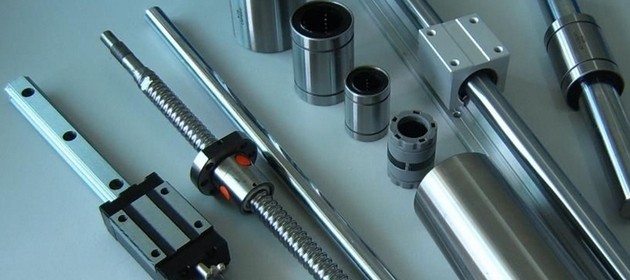
Sale of assets for Dow and DuPont 130 billion US dollars acquisition case by the
The merger of Dow Chemical (Dow) (DOW.N) and DuPont (DDP) worth $ 130 billion was nodded on Monday by agreeing to sell a large number of assets such as key R & D activities.
The EU Executive Committee has been worried that the merger of the two largest and oldest chemical producers in the United States could discourage the production of new herbicides and pesticides. The transaction is able to reshape the industry's three major mergers and acquisitions, one of the three transactions after the six companies into three.
The executive committee said that the sale of assets to ensure competition within the industry, is conducive to European farmers and consumers.
"The industry needs to compete effectively and drive companies to develop products that are safer and more environmentally friendly," said Vestag, a member of the European Union's Competition Council, in a statement.
"Our decision today ensures that Dow and DuPont will not reduce the price competition of existing pesticides and will not diminish the momentum for future development of safer and better products."
The two major deals in the industry are China Chemical's bid of $ 43 billion to acquire Syngenta (SYNN.S) and Bayer (BAYGn.DE) to acquire Monsanto (MON.N).
Dow Chemical and DuPont said they still plan the deal to bring $ 3 billion in cost synergies and $ 1 billion in growth benefits.
The deal is still subject to approval by regulators in the United States, Brazil, China, Australia and Canada, but the two companies said they believe that all remaining jurisdictions will be released.
"The approval of the EU regulators is an important step towards the completion of the merger, so that the future to be split into three independent listed companies," Dow Chemical spokesman Rachelle Schikorra said in an e-mail.
Diana Moss, president of the American Antitrust Institute, a nonprofit organization, said EU approval might indicate that US regulators would follow suit, as European and US regulators often collaborated in reviewing and correcting large cross-border mergers and acquisitions.
But the regulatory requirements of any asset sales, may reflect the local market antitrust concerns.
The EU Executive Committee has been worried that the merger of the two largest and oldest chemical producers in the United States could discourage the production of new herbicides and pesticides. The transaction is able to reshape the industry's three major mergers and acquisitions, one of the three transactions after the six companies into three.
The executive committee said that the sale of assets to ensure competition within the industry, is conducive to European farmers and consumers.
"The industry needs to compete effectively and drive companies to develop products that are safer and more environmentally friendly," said Vestag, a member of the European Union's Competition Council, in a statement.
"Our decision today ensures that Dow and DuPont will not reduce the price competition of existing pesticides and will not diminish the momentum for future development of safer and better products."
The two major deals in the industry are China Chemical's bid of $ 43 billion to acquire Syngenta (SYNN.S) and Bayer (BAYGn.DE) to acquire Monsanto (MON.N).
Dow Chemical and DuPont said they still plan the deal to bring $ 3 billion in cost synergies and $ 1 billion in growth benefits.
The deal is still subject to approval by regulators in the United States, Brazil, China, Australia and Canada, but the two companies said they believe that all remaining jurisdictions will be released.
"The approval of the EU regulators is an important step towards the completion of the merger, so that the future to be split into three independent listed companies," Dow Chemical spokesman Rachelle Schikorra said in an e-mail.
Diana Moss, president of the American Antitrust Institute, a nonprofit organization, said EU approval might indicate that US regulators would follow suit, as European and US regulators often collaborated in reviewing and correcting large cross-border mergers and acquisitions.
But the regulatory requirements of any asset sales, may reflect the local market antitrust concerns.
